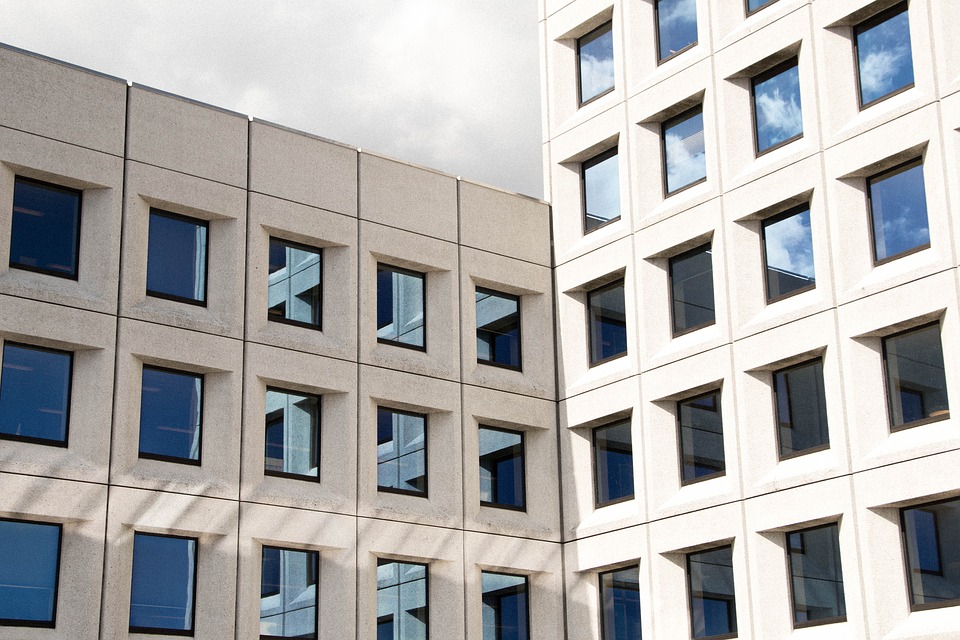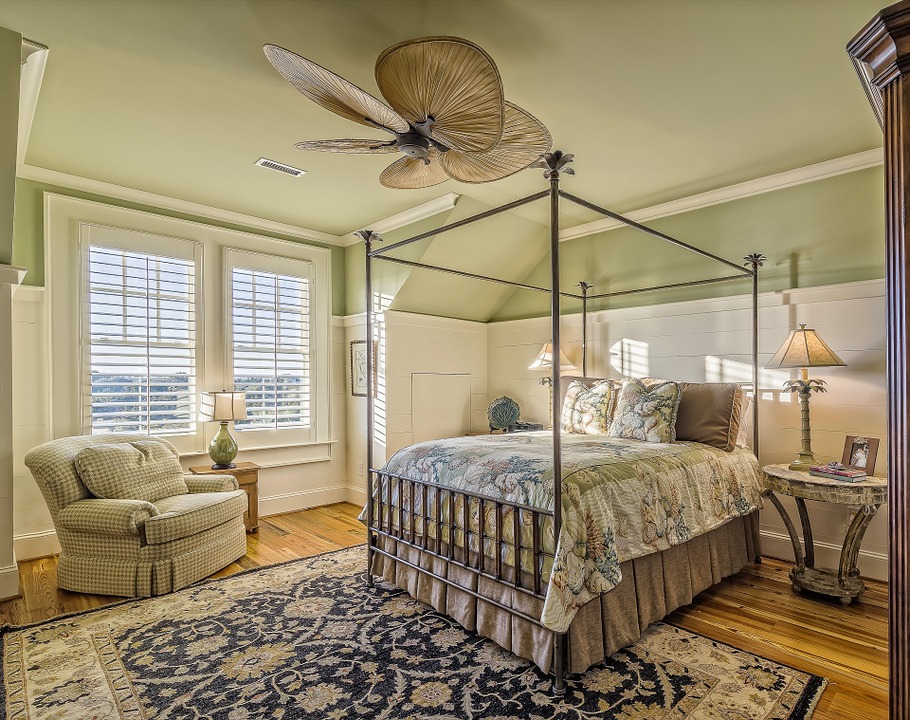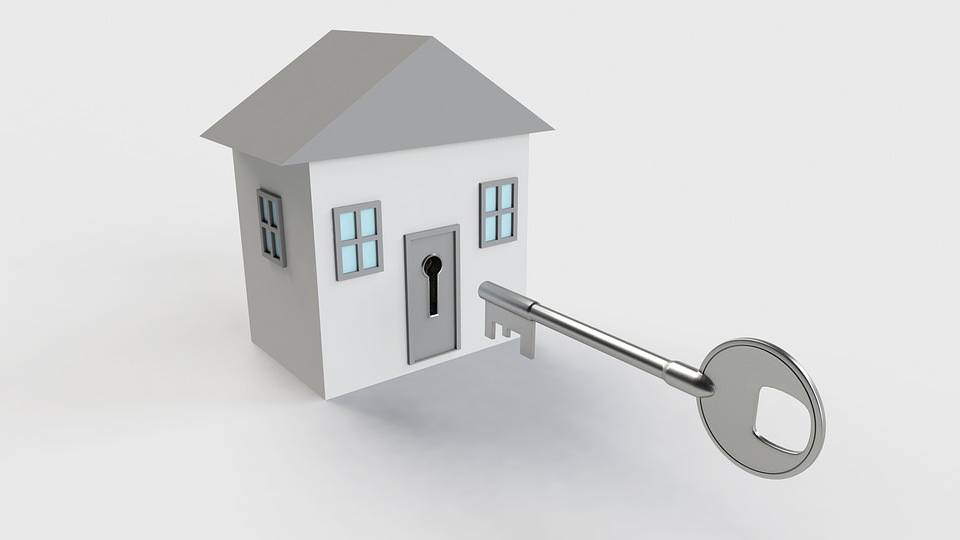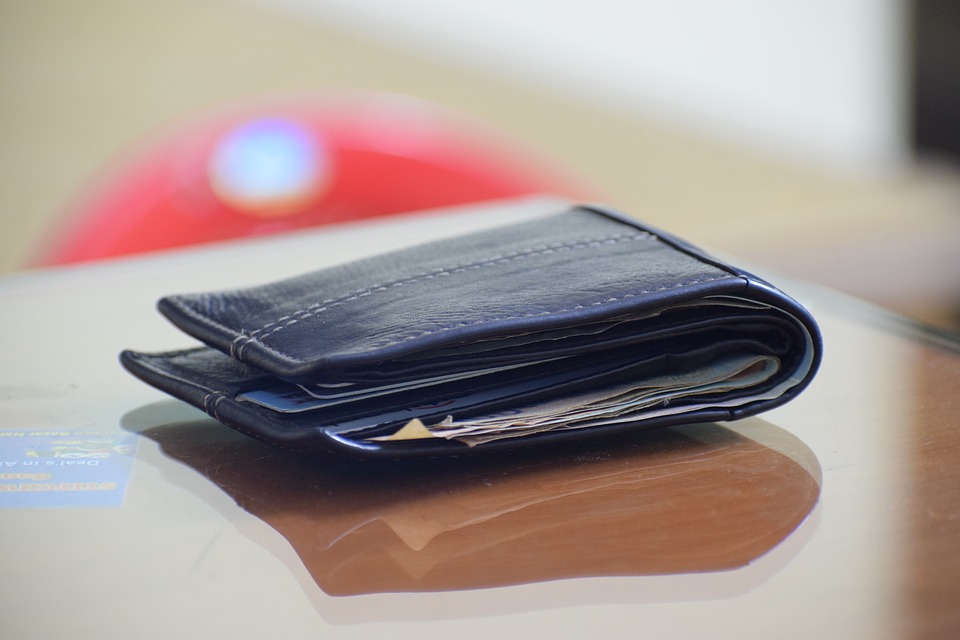Which is better...own or rented house?

For the employed, there is a question that plagues them in the beginning of their career. Which is better, own or rented house? Even if you can afford to own a house, is it ok to spend so much money just for a house.? Is it useful to stay in a rented house and utilise the money to invest for good returns? There might be such doubts. It is truly difficult to decide between the two options. Both are good. However, let us learn what experts have to say about which is profitable and what are the difficulties and losses in each:
 Those who live in rented houses or flats, wish to have one of their own. Sometimes the owner's attitude might be irritable. There are many who have succumbed to such emotions and bought new houses.Some who have the finance, plan to buy a new house. There is the facility of taking a loan. Tax benefits too are abundant. The number of people owning houses is growing, due to these many factors. It is easy to rent a house. But if you take a loan, paying Easy Monthly Instalment (EMI) will be difficult.
Those who live in rented houses or flats, wish to have one of their own. Sometimes the owner's attitude might be irritable. There are many who have succumbed to such emotions and bought new houses.Some who have the finance, plan to buy a new house. There is the facility of taking a loan. Tax benefits too are abundant. The number of people owning houses is growing, due to these many factors. It is easy to rent a house. But if you take a loan, paying Easy Monthly Instalment (EMI) will be difficult. For example, if you have to buy a flat in Miyapur area in Hyderabad, you need to spend at least Rs. 40 lakh. In the same area, if you pay rent of Rs. 10,000 per month, you can live in a house worth Rs. 40 lakh. For the same house, if you shell out 20 per cent as down payment from your savings and take a loan of Rs. 32,00,000, which is equivalent to the remaining 80 per cent, then you will need to pay Rs. 35,000 as EMI. Which means, you need to pay some two-and-a-half times more than the monthly rent.Paying rent of Rs. 10,000 per month and investing the remaining Rs. 25,000 in mutual funds every month, you will earn at least Rs. 5.85 cr. (Rs. 5,85,87,180) at the end of 20 years, at the rate of 18 per cent returns per year. You have invested only Rs. 60 lakh in this, where as the returns are Rs. 5.25 cr. The whole sum of returns for 25 years will be Rs. 14.55 cr. For 30 years, the same is Rs. 35.81 cr. You will have earned a lot of money this way. Let us say you have earned Rs. 14.55 cr, in 25 years. If you want to buy a flat at Miyapur then, it's cost will be Rs. 4 cr., at 10 times increase in market rates.
 Normally, the cost of a flat keeps depreciating after 15 years of construction. This is different for an individual house. Even though the cost of the house depreciates, the value of the land covers up for this. This also might increase 10 times, as mentioned above. If the area concerned develops well, the cost might increase even up to 20 times. The market value is determined by the inflation rates and value of a rupee. Many, who can afford to buy a house, postpone that wish and live in rented house for this reason.
Normally, the cost of a flat keeps depreciating after 15 years of construction. This is different for an individual house. Even though the cost of the house depreciates, the value of the land covers up for this. This also might increase 10 times, as mentioned above. If the area concerned develops well, the cost might increase even up to 20 times. The market value is determined by the inflation rates and value of a rupee. Many, who can afford to buy a house, postpone that wish and live in rented house for this reason.The other side
There is no need to mention here, that the coin has two sides. Whatever was discussed up till now about rented house and own house, was just one side of the coin. The other side too has certain advantages. Even if you were to buy a flat or house by taking a loan, and pay a hefty amount as EMI, this will teach you discipline in money matters. You will need to curb your other expenditure and pay EMIs. This way you are in fact saving money. If you are living in a rented house, you would be restricted in a number of ways. If some relatives or guests visit you and you use more water, there might be a backlash. You are not completely free. As such, those who cannot bear to stay in a rented house, plan to buy a new house of their own.
How advantageous?
 Sreenu and Vasu are colleagues at work. Both are within 30 years of age. Both took up flats for rent, at Gachibowli. The rent for each flat is Rs. 15,000 per month. After a year, Sreenu decided to buy a new flat. He needed Rs. 60 lakh for this. He was able to give Rs. 10 lakh as down payment, and took a loan of Rs. 50 lakh, for 9.5 per cent interest, to be paid in 20 years. Vasu, however, continued to live in the rented flat. The rent for his flat was Rs. 15,000, but the condition was to increase it every year by eight per cent. So in the 20th year, he will be paying Rs. 69,000 towards monthly rent. Sreenu will have to pay Rs. 46,607 EMI for the first month. The amount is the same in the last month. There is no change. On the whole, Vasu would have paid Rs. 89,99,350 towards rent in 20 years. Whereas, Sreenu would pay Rs. 1,11,85,680 towards EMI in 20 years. He is paying an extra Rs. 22 lakh on the loan, in 20 years.
Sreenu and Vasu are colleagues at work. Both are within 30 years of age. Both took up flats for rent, at Gachibowli. The rent for each flat is Rs. 15,000 per month. After a year, Sreenu decided to buy a new flat. He needed Rs. 60 lakh for this. He was able to give Rs. 10 lakh as down payment, and took a loan of Rs. 50 lakh, for 9.5 per cent interest, to be paid in 20 years. Vasu, however, continued to live in the rented flat. The rent for his flat was Rs. 15,000, but the condition was to increase it every year by eight per cent. So in the 20th year, he will be paying Rs. 69,000 towards monthly rent. Sreenu will have to pay Rs. 46,607 EMI for the first month. The amount is the same in the last month. There is no change. On the whole, Vasu would have paid Rs. 89,99,350 towards rent in 20 years. Whereas, Sreenu would pay Rs. 1,11,85,680 towards EMI in 20 years. He is paying an extra Rs. 22 lakh on the loan, in 20 years.After 20 years, Sreenu will be in his own house, while Vasu will remain in his rented flat. Sreenu need not pay EMI any longer. No need to pay rent. That way he had saved. The amount can be diverted to another project or investment. Or he can spend it to live happily. Vasu has paid towards rent, at 80 per cent of the amount that Sreenu paid towards EMI. Still he could not own a house. You need an own house at least in your retired life. If Vasu wants to buy a house after 50 years, it will affect his retirement savings. But Sreenu has bought a flat on loan. By the time he is 50 he has cleared it. He is financially independent, for the rest of his life. Moreover, the value of his property might have risen in these years. When it comes to Vasu, he needs to curb his expenditure at the age of 50 and plan for an own house then. However, as mentioned earlier, if the remaining amount, after paying the rent is invested in good mutual funds, then the returns are really good.
 As for EMIs, even if it is difficult, you must pay. As for investment, for an ordinary person, to curb so much expenditure and be disciplined, is difficult. At the time of any urgent need, the first thing that comes to mind is investment. If you are able to strictly investment well every month, without fail, for 20 years, without withdrawing the amounts for any emergency, then only you will enjoy the returns as mentioned above. If you are able to do this, this would become a better option, than buying a house with loans. For those who cannot discipline themselves through right investments, it is better to buy a house on loans, at a young age.
As for EMIs, even if it is difficult, you must pay. As for investment, for an ordinary person, to curb so much expenditure and be disciplined, is difficult. At the time of any urgent need, the first thing that comes to mind is investment. If you are able to strictly investment well every month, without fail, for 20 years, without withdrawing the amounts for any emergency, then only you will enjoy the returns as mentioned above. If you are able to do this, this would become a better option, than buying a house with loans. For those who cannot discipline themselves through right investments, it is better to buy a house on loans, at a young age.Down Payment
If you want to buy a house, you will need to pay at first, a percentage of the cost of the house, which is usually 20 per cent, known as down payment. For example, if you want to take a loan of Rs. 60 lakh, you will need to arrange for at least Rs. 12 lakh. The remaining amount will be given as loans by banks. If you have this amount, you can apply for a loan. Otherwise, you need to postpone your decision and save enough for down payment.
Before taking housing loan
 Before rushing in to housing loan, just because you have down payment, you must take note of certain factors. Check out first, if you have the capacity to clear the loan. The EMI that an individual needs to pay, should not be more than 30 to 40 per cent of his monthly salary. For example, if the monthly salary of Sreenu is Rs. 60,000, EMI will be around Rs. 18,000 to Rs. 24,000.
Before rushing in to housing loan, just because you have down payment, you must take note of certain factors. Check out first, if you have the capacity to clear the loan. The EMI that an individual needs to pay, should not be more than 30 to 40 per cent of his monthly salary. For example, if the monthly salary of Sreenu is Rs. 60,000, EMI will be around Rs. 18,000 to Rs. 24,000.Check out these options
1. Rent a house and invest your savings in a mutual funds through Systematic Investment Plan (SIP).
2. Buy a house through a loan and pay EMIs, thereby owning a house by the time you retire.
If you are living in a rented house, and investing in SIP, there will be no tax on returns, after one year. However, if you choose this option, you must go in for balanced funds that are less risky and give good returns, blue chip funds and tax-saving ELSS schemes. You must choose carefully. Take the advice of financial experts. These investments should not stop despite inconveniences. Only then, this option works out to the optimum benefit. In this manner, you can create wealth, by the time you are 50 or 60 years. Historical facts prove this.
 If you take a loan to build a house, you must curb all expenditure and divert a huge sum towards clearing the loan. A good flat becomes your own. You will stay in your own house. You need to pay for maintenance, monthly. When compared to rented house, the maintenance for your own house will be a bit more. You will need to pay for water and property tax annually. Also, you need to shell out extra for repairs. There this is expenditure on security for the flat or apartment. All these expenses should be considered. However, for those whose income comes under tax bracket and they pay a huge amount as tax, it will be useful for them to take a housing loan. Instead of a flat, they can buy an individual house and give a portion of it for rent, for extra income. After examining all these factors, you can choose an option that is suitable to you.
If you take a loan to build a house, you must curb all expenditure and divert a huge sum towards clearing the loan. A good flat becomes your own. You will stay in your own house. You need to pay for maintenance, monthly. When compared to rented house, the maintenance for your own house will be a bit more. You will need to pay for water and property tax annually. Also, you need to shell out extra for repairs. There this is expenditure on security for the flat or apartment. All these expenses should be considered. However, for those whose income comes under tax bracket and they pay a huge amount as tax, it will be useful for them to take a housing loan. Instead of a flat, they can buy an individual house and give a portion of it for rent, for extra income. After examining all these factors, you can choose an option that is suitable to you.Those who wish to own a house, should think about their financial position and what if it suddenly goes haywire. These days, a majority are employed in private companies. There is no guarantee, how long you will continue in the job. If you lose the job, will you not be able to continue paying heavy EMIs, until you get another one? There should be clarity over this matter. Those who are living in a rented house can easily overcome these difficulties. Because they are not burdened with heavy EMIs. Only it will affect their investments. But after getting a new job, you can adjust the lost amounts by investing a bit more. Or you can go to a place, where the rent is very low and curb expenditures.













